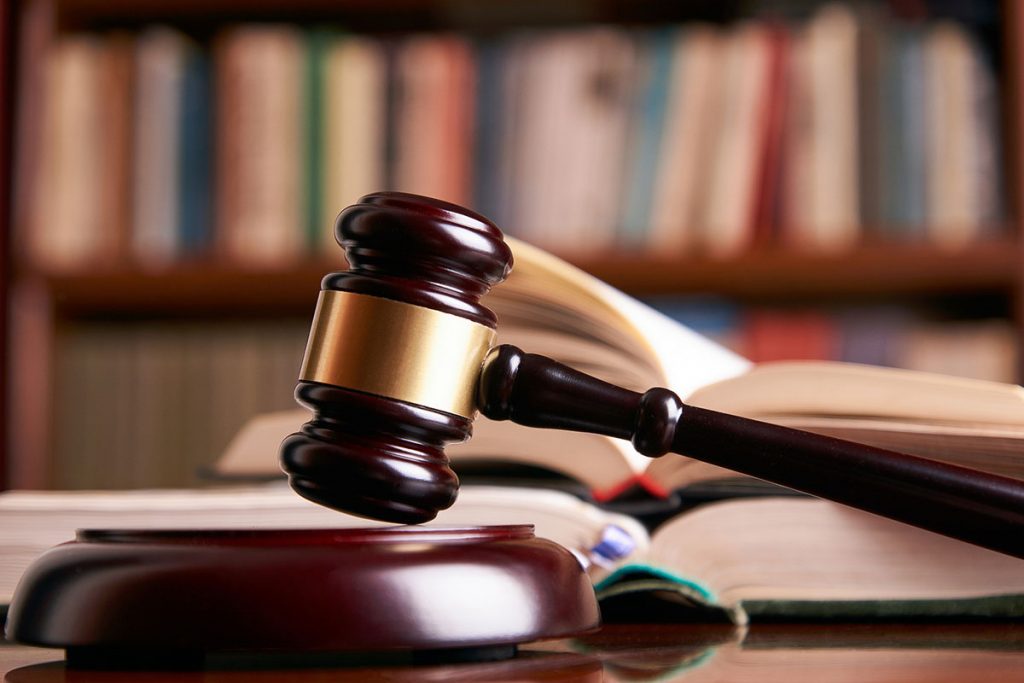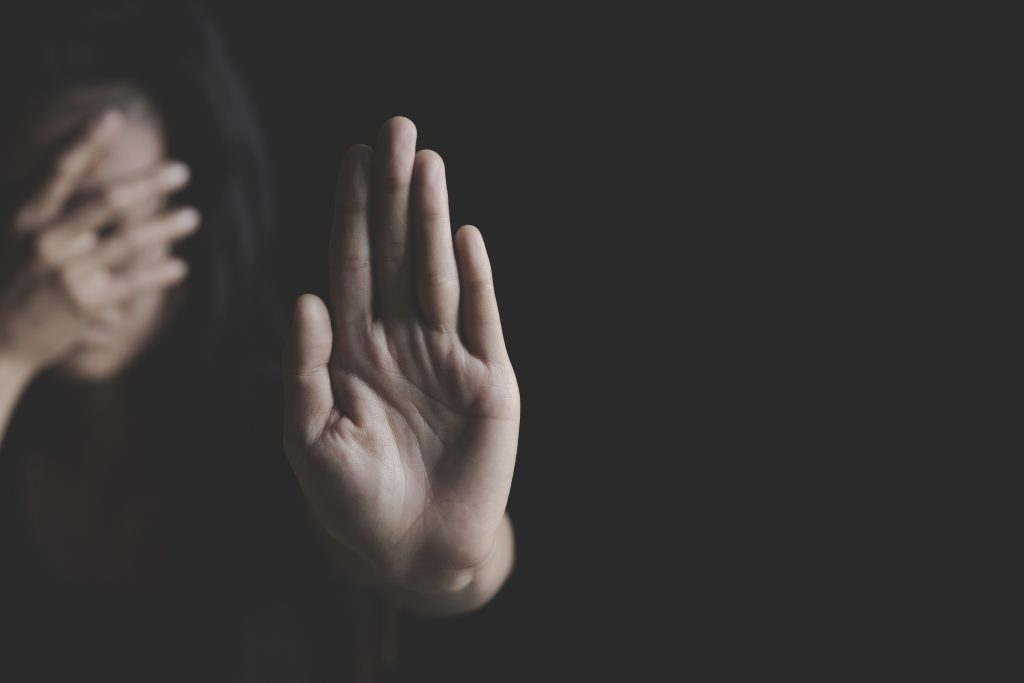Being arrested for a crime is incredibly stressful. It can be particularly hard on your loved ones as well. As you and your family wait for your first court appearance, you may be feeling anxious because you don’t know what to expect.
After you are arrested, you could be held in county jail for a night or two in order to appear in court before a judge prior to being released. This is so the judge can determine if there was probable cause for your arrest, levy an appropriate bail amount and set reasonable bail conditions. Florida state courts strive to have this hearing within the first 24 hours of your arrest, but occasionally the window is expanded to the federally permitted timeframe of up to 72 hours.
However, applicable law for many misdemeanors and non-violent felonies allows the police to indicate a standard bail amount without special conditions on your arrest paperwork which means you can post your bail and be released without seeing the judge. Even if you are charged with one of these offenses, you could still be held to see the judge if you are probation, parole, or conditional release or if there are other circumstances that could impede your immediate release. You may have an unserved warrant from another jurisdiction, for instance.
During this first appearance, a judge will review the four corners of the probable cause affidavit to determine whether or not the police have included facts that, if believed, would establish probable cause for your arrest. Probable cause is a low bar and just means that there is some probability, no matter how small, that you committed the offense.
The prosecution will still have to prove the charges at a later date beyond a reasonable a doubt in order for you to be convicted. If the judge finds that there is no probable cause for your arrest, you will be released on your own recognizance, but the case is not over because prosecutors will still have an opportunity to build a case against you. If the judge finds probable cause for your arrest, the judge may still release you on your recognizance if the charges are not serious, but more often than not, the judge will set a monetary bail amount for each charge where there is probable cause. Having a criminal defense lawyer by your side throughout this entire process can help you fight for your rights and get you the most favorable results during your first appearance.
What is a Pretrial Supervision?
Pretrial supervision or PTS is a way to get out of jail, possibly without having to pay a bond. There are advantages and disadvantages to pre-trial supervision. The obvious advantage is that you typically do not have to pay a monetary bail, although it is not unusual for judges to impose both pretrial supervision and a bond. For example, if your bail was set at $1,000, you may not have to pay if the judge grants you pretrial supervision as alternative. However, pretrial supervision – even without an additional monetary bail – comes with a catch.
You will likely need to report to your pretrial supervision officer in person or telephonically or be subjected to random drug and alcohol screens, among other conditions. In some cases, you will be fitted for GPS monitoring. Failing to report to your pretrial supervision officer or testing positive for drugs or alcohol can result in serious legal consequences, such as your release from jail being revoked. If that happens, you could be held in jail until your case is completed.
Who Can Help Me Pay My Bail?
A criminal defense attorney can advise you on ways to pay your bail. Whether it is through friends and family or a bail bondsman, there are many avenues available to be released from jail through bail. A criminal defense lawyer can also help you reduce your bail by advocating for you at your first appearance or at a subsequent bond motion.
The judge will review your ties the community such as your housing, employment, and family in the area. Your prior criminal record, how many times that you’ve failed to appear for court, the nature of the charges and potential danger to the community are also considered in determining the appropriate bail amount. If you are on probation and are arrested for new charges, you are not entitled to bail.
What Else Should I Know About the Beginning of My Criminal Case?
Your first appearance in court can be overwhelming. You may have to go through this process alone if you don’t hire a criminal defense attorney early and quickly to help you throughout your case as soon as possible. I can help represent you at all stages of your criminal case and help you get the best results possible. Learn more about your first appearance by contacting the Sherman Defense Law Firm, P.A. today at (239) 284-5708.




